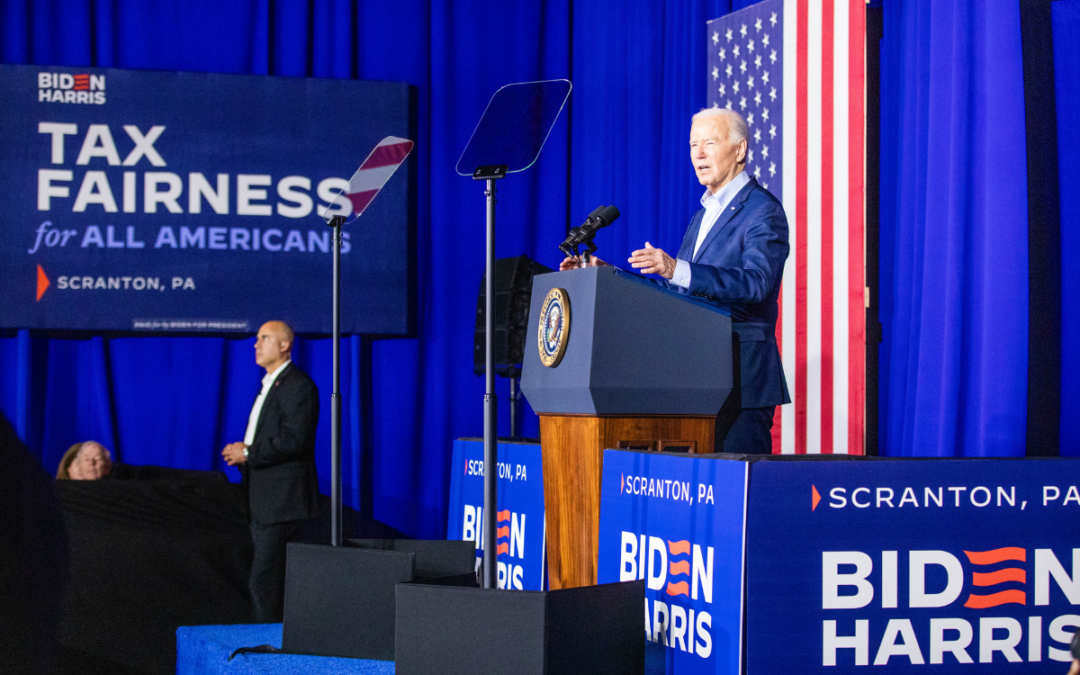
Image via Shutterstock
Pennsylvania Attorney General Josh Shapiro has argued that easing the birth control mandate would force the state “to bear additional health care costs, in part, due to an increase in unintended pregnancies.”
The fight between those who support religious freedom and those who believe women should have equal access to basic health care returns to the Supreme Court on Wednesday. It will be the third time the Court has taken up the issue since the Affordable Care Act (ACA) was passed and required all health insurance plans cover the cost of preventive health services and screenings for women, including contraception.
Because of the coronavirus pandemic the high court has been hearing arguments by phone, with audio of arguments available live to the public for the first time. For Wednesday’s argument, Justice Ruth Bader Ginsburg plans to participate from a Maryland hospital. The court said Tuesday evening that Ginsburg was hospitalized with an infection caused by a gallstone and expects to be in the hospital for a day or two.
RELATED: The Pandemic Is Proof That Women Need an Over-the-Counter Birth Control Pill
Under the ACA, houses of worship could choose to be exempt from the so-called “contraceptive mandate” for religious reasons, while religiously affiliated nonprofits could opt for an “accommodation” to avoid paying for contraceptive coverage in their plans if they notified their insurer or the federal government.
In 2017, however, the Trump administration sought to go a step further and expand who could bow out of their legal obligations to cover birth control for their female employees. The Department of Health and Human Services issued two interim rules (that became final in 2018) which allowed employers and private universities to drop contraceptive coverage from their plans based on “religious beliefs” or “non-religious moral objections.”
“Birth control access should never be determined by where someone works or goes to school,” NWLC President and CEO Fatima Goss Graves said in a statement.
After the rules were challenged by the attorneys general of Pennsylvania and New Jersey, a Philadelphia federal judge blocked them from being implemented nationally. That decision was later affirmed by a federal appeals court.
Here’s what else you need to know.
Pennsylvania is taking the lead.
The two cases that will be consolidated for a single hour of argument before the high court later this year are Trump v. Pennsylvania and Little Sisters of the Poor Saints Peter and Paul Home v. Pennsylvania.
The first suit was filed by Pennsylvania Attorney General Josh Shapiro in 2017, who argued that easing the birth control mandate would force the state “to bear additional health care costs, in part, due to an increase in unintended pregnancies.” The complaint also states that 2.5 million Pennsylvania women have access to birth control without out-of-pocket costs because of the ACA.
“While the circumstances for the hearing are unusual,” Shapriro told reporters last week about the unusual hearing by phone, “our argument really remains the same. Reproductive rights are on the line here … so is the rule of law.”
The second case is a petition to intervene in the Pennsylvania and New Jersey case brought by an order of Roman Catholic nuns in the state. They believe they should not be forced to provide contraception coverage because doing so is at odds with their religious beliefs.
Although religious liberty is at the heart of these cases, that’s not what the Supreme Court will be considering.
Rather, the justices will weigh in on whether or not the Trump administration followed the proper administrative procedures necessary to install these new rules as required by law. As lawyers for Pennsylvania and New Jersey write, the federal government violated the law when it issued interim final rules on the ACA contraception mandate prior to offering the public a chance to weigh in with comments.
It’s the first time conservatives Neil Gorsuch and Brett Kavanaugh will have a chance to weigh in on a contraception case as Supreme Court justices.
In a previous case involving the ACA mandate and religious freedom, Kavanaugh, then a circuit court judge, sided with the challengers who opposed providing birth control for religious reasons. “The essential principle is crystal clear: When the Government forces someone to take an action contrary to his or her sincere religious belief (here, submitting the form) or else suffer a financial penalty (which here is huge), the Government has substantially burdened the individual’s exercise of religion,” he wrote in his dissent.
RELATED: 1 in 4 Circuit Court Judges Have Been Appointed By Trump. Here’s Why That Matters For Your Rights.
Gorsuch has also sided against the birth control mandate twice during his time as a judge on the U.S. Court of Appeals for the 10th Circuit.
Research shows the ACA’s contraception mandate has made birth control more accessible—which in turn has benefited women.
Because of the ACA mandate, 61 million women are able to get their birth control without paying out of pocket, according to the National Women’s Law Center (NWLC). According to one study, women save a collective $1.4 billion a year in out-of-pocket savings on the pill alone.
Importantly, the mandate helped address the health care costs disparity between men and women: Women often had to pay more for their healthcare premiums because they lived longer, visited the doctor more, and had babies.
As the Supreme Court said in 1992, the “ability of women to participate equally in the economic and social life of the Nation has been facilitated by their ability to control their reproductive lives.”
Nearly two-thirds of women between the ages of 15 and 49 use contraception. According to a committee opinion from the American College of Obstetricians and Gynecologists: “All women should have unhindered and affordable access to all U.S. Food and Drug Administration-approved contraceptives.”
The opinion also stated: “Efforts to frame access as an issue of conscience or religious belief rather than as essential health care have grave consequences for women.”
Politics

2 top US gun parts makers agree to temporarily halt sales in Pennsylvania
Philadelphia filed suit against Polymer80 and JSD Supply last year, accusing the manufacturers of perpetuating gun violence by manufacturing ghost...

It’s official: Your boss has to give you time off to recover from childbirth or get an abortion
Originally published by The 19th In what could be a groundbreaking shift in American workplaces, most employees across the country will now have...

Biden talks economic and tax plans in Scranton
President Joe Biden traveled to Pennsylvania on Tuesday and framed the 2024 election as a choice between Scranton values and Mar-a-Lago values....
Local News

Railroad agrees to $600 million settlement for fiery Ohio derailment, residents fear it’s not enough
Norfolk Southern has agreed to pay $600 million in a class-action lawsuit settlement for a fiery train derailment in February 2023 in eastern Ohio,...

4.8 magnitude earthquake centered in New Jersey felt across Pennsylvania Friday morning
According to the U.S. Geological Survey, the quake’s impact in Pennsylvania was primarily felt in the eastern part of the state, though the...





